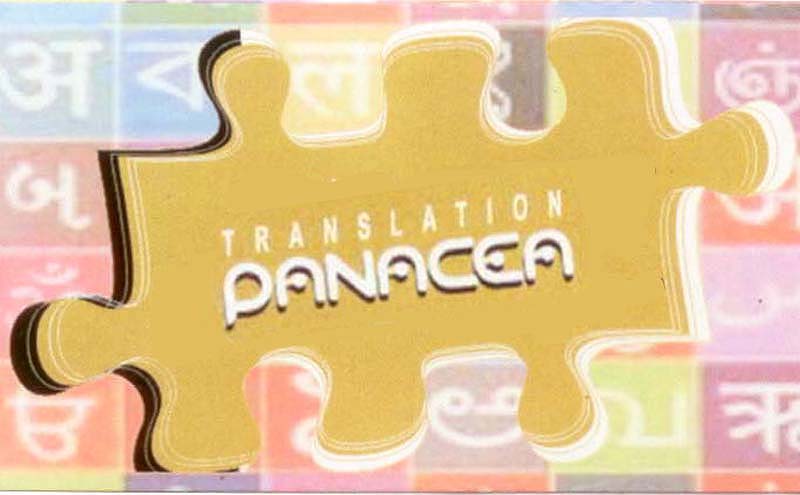Importance of Subject glossary in translation
Subject glossary is one of the important tools for translation. Translators often use a dictionary, a thesaurus to find the correct equivalent for a word.
When translating academic content, one faces peculiar challenges of context and consistency. A chosen equivalent must be prevailing in the context of that subject. Also the same equivalent needs to be used throughout the book. Though technology makes the later part easy, the translator needs to work on compiling the equivalents relating to that book.
The glossary can be just a list of words used in the original book and their chosen equivalents in the target language.
The process of preparing a glossary is quite interesting. Of course it goes along with the book. Finding an equivalent can be a task. Let us take examples from 2 disciplines, namely economics and sociology.
In economics, there are separate words like production and output, plant and factory; while in some languages there might be words those are used interchangeably or there can be just one word which represents both production and output, or there can be more than one word for production of various types. The same goes for words like ‘goods’, ‘material’, `input’ and many other words. Now there are of course the subject specific dictionaries. (Some languages even don’t have this luxury though!)
The translator needs to weigh these options against the context. For example, the approved English-Marathi dictionary for economics suggests two words ‘एकाधिकार’ and ‘मक्तेदारी’ to represent a word ‘monopoly’. Now the translator has choices: she can choose only one word and use it throughout, she can use them interchangeably randomly, or she can choose either with a purpose and criteria. What she chooses, and why, should be mentioned in the book. Here the glossary plays a role.
Another case is for the words like `a family’ in sociology. We are not considering various meanings of the word, but the possible differences in perception of the word. Family means different things to people from different parts of the world, even in sociological context. In such a case, a many-to-many association may work best while translating. If the translator prepares a glossary of such words, the student or a general reader is much benefitted.
At TranslationPanacea, we are keen to develop such subject-specific glossaries. They not only make the translation accurate, but also add value to the general reservoir of translation knowledge.

